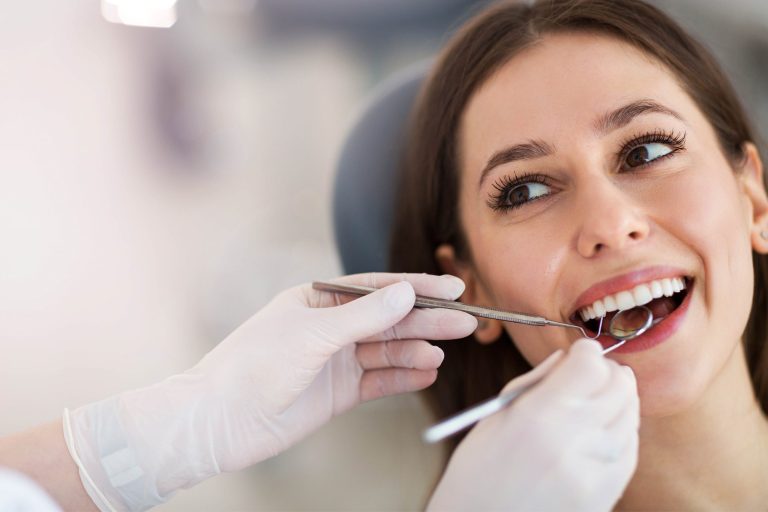Is being toothless one of your biggest fears? Of course, people may start giving you senseless remarks to lower your self-esteem. But think of the potential risks you may encounter when one or more of your teeth are decayed or have an infection. At this point, your health is more important than worrying about what people will say. So, getting a reliable dentist at Ueno Center Dental Specialists that performs tooth extractions in Campbell is the best bet you have at improving the health of your teeth, gums, and jaw. Read on to find out why you may need to extract your teeth.
Reasons why tooth extraction is necessary
In some cases, broken or decayed teeth can be fixed through fillings, crowns, or other dental procedures. However, the damage can be too severe to survive these procedures. At this point, your dentist may recommend extraction for the following reasons:

- When decay is deeply rooted inside the tooth
- When an infection has damaged a bigger part of the tooth or the bone surrounding it
- When your mouth cannot accommodate all your teeth
- When there is an extra tooth distracting other teeth from sprouting
- Baby teeth fail to fall out to pave the way for permanent teeth
- When you have third molars or wisdom teeth during your late teens.
For some people, deciding to go for tooth extraction can be traumatizing because of the pain associated with the procedure. But when the more significant part of your tooth has an infection or decay, tooth extraction may be the only option you have. Only a qualified dentist can recommend tooth extraction after confirming the severity of your tooth damage.
How tooth extraction is conducted
Like any other dental procedure, your dentist will begin the procedure after assessing your medical history. They are highly trained in diagnosing and conducting tests using x-rays to portray the nature of your tooth and the surrounding bone. Once they have discovered the results, they can either go ahead with the procedure or refer you to a surgeon if your case is complicated.
Before your tooth is extracted, local anesthesia will be applied to the area surrounding your tooth to numb it. For complicated cases, intravenous (IV) anesthesia may be used to sedate you. If you go through this case, organize for someone to pick you and be available for you after the procedure as you will be unable to drive or care for yourself until the anesthesia wears off.
What to expect after tooth extraction
The healing process depends on how you take care of your tooth after extraction. Your dentist may provide you with information on how to clean the area to prevent infection. If you are instructed against smoking, rinsing your mouth vigorously, or sanitizing your teeth next to the extracted area, adhering to those directions will aid in the quick and full healing process. Pain is part of the healing process after an extraction, which is why your dentist may recommend pain-relieving medications to help you cope.
Tooth Extraction Can Save the Life of Your Teeth
Whether you are having a tooth extracted for the first time, or have had it done before, you can look forward to a successful procedure through a qualified dentist. Book an appointment online today to find out if the tooth extraction option is best for you.



















